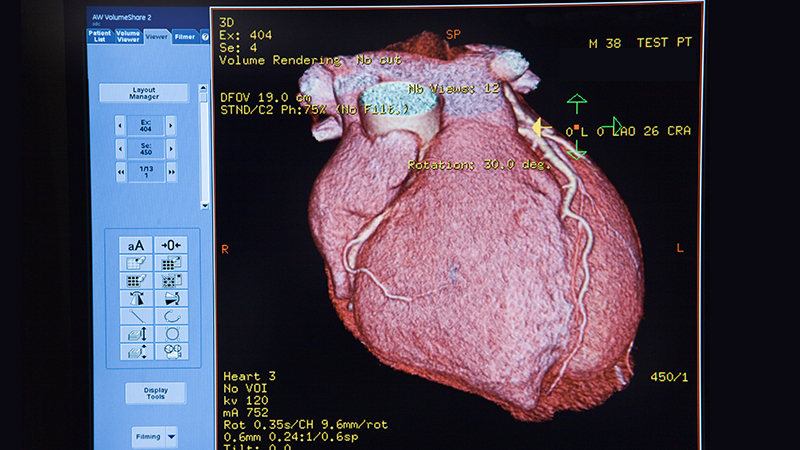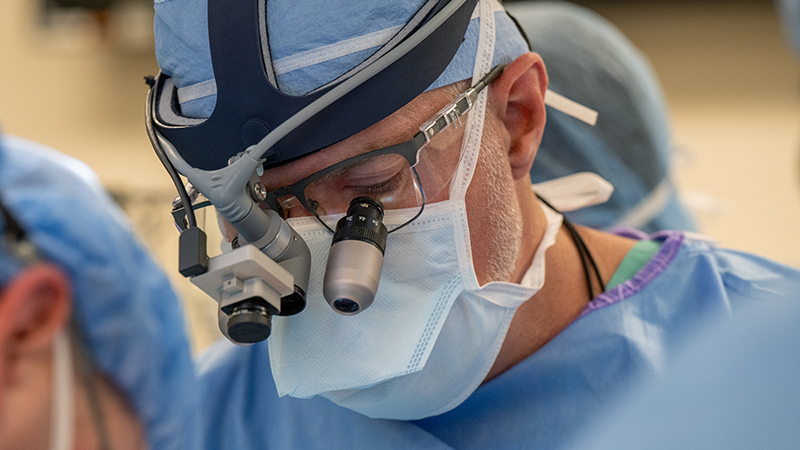Patients who choose Northwestern Medicine Bluhm Cardiovascular Institute receive personalized care from a nationally ranked team of specialists with world-renowned expertise in a wide range of heart care needs, including complex, hard-to-treat issues. We’re proud to take on the toughest heart and vascular cases that other health systems are forced to turn away, providing breakthrough treatments, comprehensive care and excellent outcomes across the full spectrum of cardiovascular conditions.
We have achieved the best heart failure survival rate in the United States1 and the highest patient survival score for cardiology, heart and vascular surgery,2 with over 96% of patients recommending their physician at Bluhm Cardiovascular Institute.3
Patients from all 50 states and 40 countries have chosen our team for specialized heart and vascular care. Whether you live far away or right here in Chicago, we make it easy for you to schedule appointments, receive the care you need and manage your condition for the rest of your life.
Since we first collaborated with philanthropist Neil Bluhm to bring better heart care to Chicago over 20 years ago , the program has grown into an innovative powerhouse of cardiovascular medicine, delivering pioneering treatments and heart disease research. From the beginning, we’ve reimagined what heart and vascular care can be. Now, we’re shaping an even better future.





 Our top heart specialists are ready to help you, no matter where you live. We know you want answers quickly, and through
Our top heart specialists are ready to help you, no matter where you live. We know you want answers quickly, and through 












